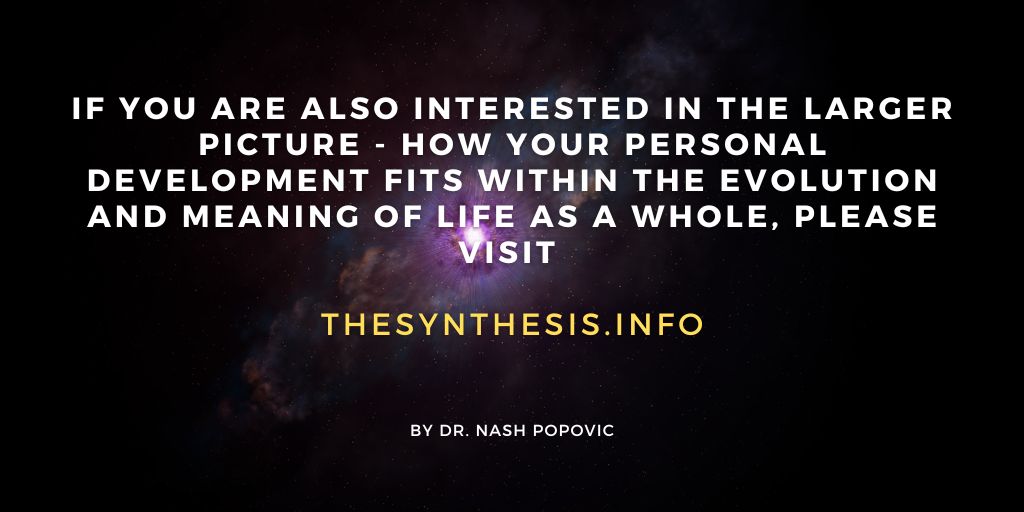Problem Group
A problem is a situation for which one does not have a ready response. Problems are not intrinsically negative; in fact we often seek or deliberately create them (e.g. puzzles). They cause stress only if we don’t believe that they can be solved, that is, if we don’t know what to do. All the areas in this group are related to dealing with problems in one way or another:
- Strategy is about choosing a response to a problem from various options. This area is in the root of the group, and in a way, a preparatory stage for our response to challenges. Nevertheless, choosing a good strategy is often essential.
- Achieving and Coping relate to the active engagement with problems. In fact, two distinct categories of problems can be distinguished: one is related to possible gains (they can be called tasks) and another to setbacks or losses. Achieving refers to dealing with a task in order to maximise the gains. Coping refers to an active response to a stressful or distressing situation in order to minimise its effects. It is interesting that many people are good in dealing with problems belonging to one of these categories and poor in dealing with problems belonging to the other. This is probably the case because they are better motivated by certain types of problems. A further clarification may be needed though before we turn to these topics: Coping may seem similar to Resilience, but they are not the same. Coping is more pro-active (as indicated by its position in the map); it requires a change of the situation, perspective, or oneself. It can be said that coping starts when resilience ends.
- Control is the last area in this group as it builds on the other three. Conversely, the sense of control has an important role to play in all of them (and many other areas). For example, it is observed that ‘the concepts of coping and mastery imply the exercise of control over events’.(1) However, there are also differences between these areas. If achieving is concerned with how the person affects the situation, and coping with how the person deals with the adverse effects of the situation, control refers to aligning the person and the situation.
(1) Cox, T. (1988) ‘Psychobiological Factors in Stress and Health’ in Fisher, S. and Reason, J. (eds) Handbook of Life Stress Cognition and Health. New York: John Wiley & Sons, p.609.

